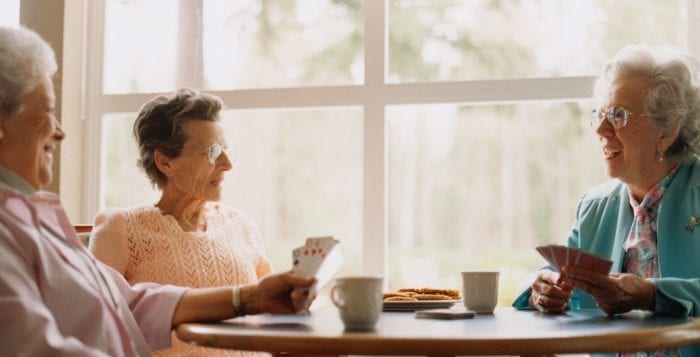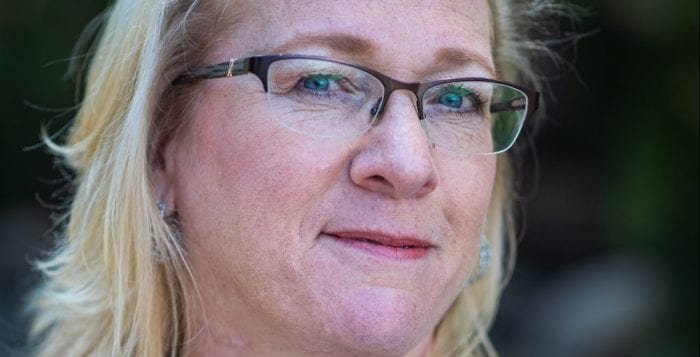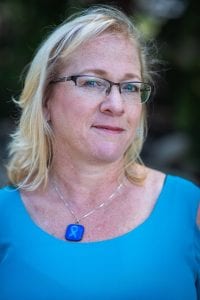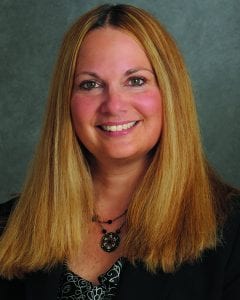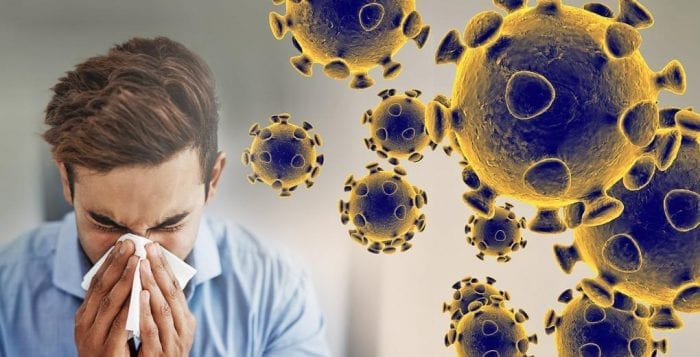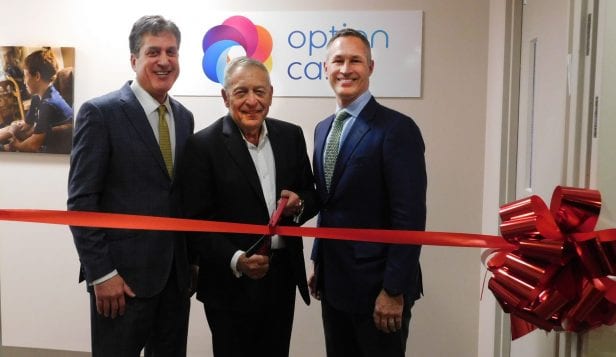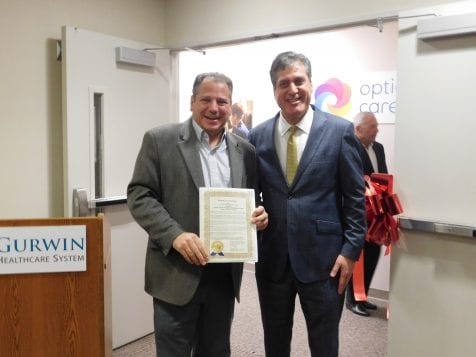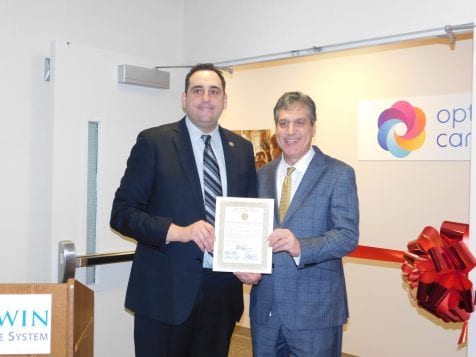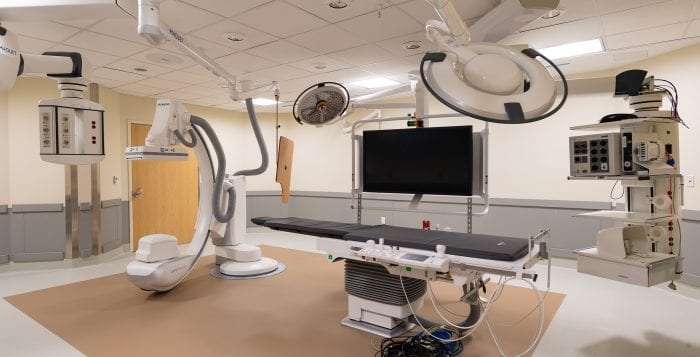By Linda Kolakowski

While the concept of social capital is not new, more recently it’s become a buzz phrase of sorts. Social capital is defined as the personal links, shared values and understandings in a community that enable individuals and groups to trust each other and therefore, help each other.
People require a sense of belonging to thrive. Whether the community we belong to is our family, our work, our place of worship, where we live, or all of these places, community is where we find comfort in difficult times. In addition to providing companionship, the social capital we earn through our relationships often replaces money which people would use to buy the same help.
We use social capital throughout our lives, from our schoolyard days to assistance with raising our children, or seeking the help from someone physically stronger. For older adults, the value of social capital increases as there are things that we can’t or don’t wish to do for ourselves. For this reason, it’s important to keep community ties robust.
There’s no question that the digital age has changed the way we relate to one another and satisfy our need for connection. Many of us have strong communities of Facebook friends and stay connected through emails, texts and other social media platforms. Though these friends can be great when it comes to sharing everyday joys and challenges, at times there is no substitute for being in the same room with a trusted friend or group of friends.
Significant others are the first people we turn to when we’re having a hard time. Support from a loved one helps us to cope better, reducing stress and benefitting our mental and physical health. Depending too much upon a significant other, however, carries the risk of creating disconnection from other parts of our social life. No matter how much we love our significant others, it’s unlikely that they alone can meet all of our social needs.
Expanding our friend group by just one person has the power to introduce us to a whole new social network. When we develop a new friendship or romantic partnership, our networks double through these new connections. At Jefferson’s Ferry, we get to observe the benefits of new friendships on a regular basis as new residents form bonds within the community and try new activities. New friends are energizing!

Jefferson’s Ferry residents have been participating in a five- year Age Well Study conducted by the Mather Institute and Northwestern University that analyzes the impact of living in a Life Plan Community. Now in its second year, the study has focused on investigating factors that may be associated with healthy behaviors and health outcomes among residents. Researchers found that:
• Residents with higher scores of the personality trait of openness to experience and extroversion reported the highest levels of healthy behaviors and more positive health outcomes.
• Residents who form strong bonds within their community tend to engage in more healthy behaviors and have better overall health.
Those living in areas with greater social capital, such as a community setting like Jefferson’s Ferry, demonstrate significantly higher physical mobility scores than those living a more isolated existence.
The results support what we do here. Living in a place where there is a built in community, where there is trust and like-minded neighbors encourages our residents to get up, get out and socialize. The activities that we offer through our Health and Wellness Program provide a variety of opportunities that may appeal to residents with different personalities and interests which lead to better life balance and health overall for everyone.
Another study looked at older adults without dementia at the onset of a 12-year period. Over the course of the study, the participants were measured on their social activity levels and then tested periodically on their cognitive functioning. The rate of cognitive decline was 70 percent less in people with frequent social contact than those with low social activity.
In another study, the social activity level of older people free of dementia was measured and looked at in terms of their ability to care for themselves. Findings showed that those with more frequent social activity maintained lower levels of disability in several areas, suggesting that they would be able to live independently longer than their less social counterparts.
Whatever our age or living situation, the message is clear. We are at heart social beings who are at our very best when we make community a priority in our lives. We’ve heard it in song, in advertising, in memes. Reach out and touch someone today!
Linda Kolakowski is Vice President of Resident Life at Jefferson’s Ferry Life Plan Community in South Setauket.

